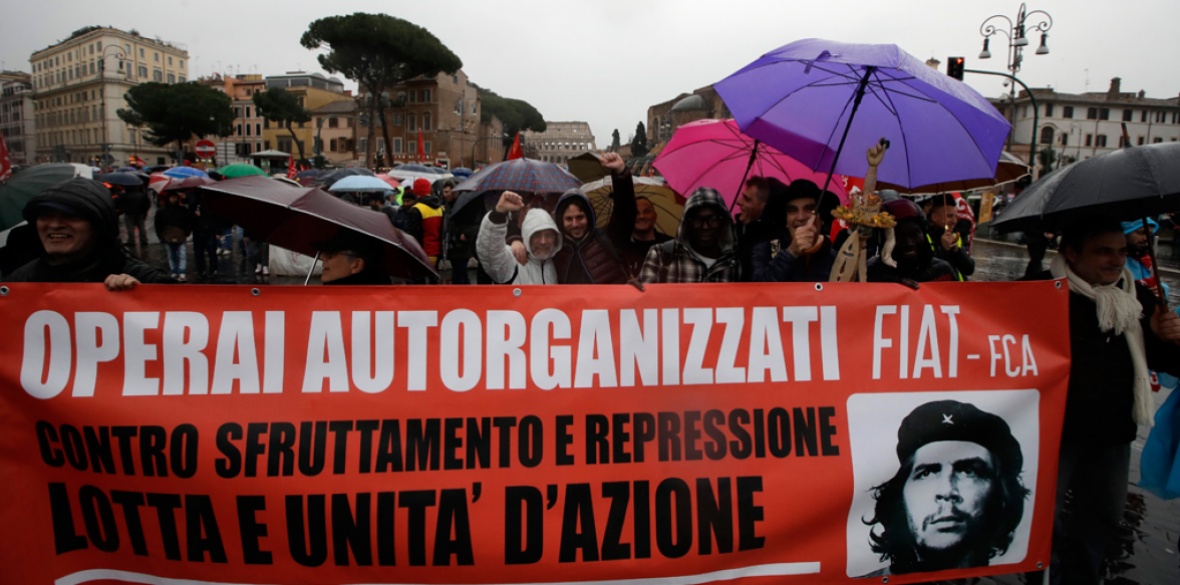Although other holidays sometimes get more attention, Passover and
Easter/Pascha are truly the most important times of remembrance and
reflection in the corresponding Jewish and Christian faiths. These
celebrations point to events of ultimate meaning and call for observers
not only to reflect but to prepare.
The name “Easter” is not biblical, so we better let us get that out of the way
first, because the Divine Creator wants us to worship Him properly and has given us orders and a set of feasts we should celebrate. We do not to use other day and certainly not days which are connected with false gods.
Easter bunnies and Easter-eggs have nothing to do with Jesus and most of all also nothing to do with God. Easter/Estra “ostara” or “
eostre“ comes from the goddess of fertility
Eostra, Estra or Esdra and Ishtar the pagan
Babylonian and
Assyrian deity of fertility and sexuality, later adopted by the Romans, and formally introduced into
Christianity by
Emperor Constantine. The goddess
of fertility was celebrated with elements that showed the fertility and that’s why there are “Easter eggs”, to represent new
life. Instead of the eggs, let’s focus on the real new life.
Little lambs may also present new life, but here the lambs have come in the picture by the event of warning for the Peple of Israel, who had to stroke the blood of the lambs on their doorposts to make sure the wrath of god would not come in their house.
Those who loved the only one God where asked to select lambs and to bring them in the house on the 10th of Nisan for inspection and to slaughter it the afternoon of the 14th of Nisan to roast it, and have it for dinner. When the animal would be stricken in the neck to kill it and to let the blood run out of it, it had to be collected and applied to
the wooden doorposts of their houses, using a hyssop branch to apply the
blood. That evening all lovers of God had to stay indoors until God had finished smiting all the firstborn males of any household where there was no lamb’s blood applied, causing the Destroyer to
Pass Over those houses. This is the reason for the name of “Passover”. That blood was absolutely
necessary for the protection of the household.
According to the famous historian, Josephus, the day that Jeshua (Jesus Christ) was put on the stake, there were 250,000 lambs brought into the temple to be
sacrificed. At the conclusion of all the sacrifices, the high priest
yelled out “It is finished.” According to the historical record, it was
3:00 pm. At that precise moment, Jeshua also yelled out “It is finished”,
and died.
After the Egyptian shedding of blood the Pharaoh at last gave in to let the Israelites leave Egypt. Three days the Israelites travelled to the Sea of Reeds, being led to their escape on the third day. And when we look at Christ he was laid in a tomb for three days, and on the third day, he arose from the
dead. In fact, he was seen alive by thousands of eyewitnesses over the
next forty days.
When the Exodus happened, God told Moses that the Israelites were to
commemorate this Passover event every year, for all generations, and
that includes our generation. We are supposed to commemorate this event
— that we are protected from the Destroyer by the blood of the
sacrificed Lamb!
Scripture also says that anyone who is not an
Israelite, but is a follower of the God of Abraham, Isaac, and Jacob,
must gather together on this day to commemorate the event of Passover.
In fact, this is so important to the heart of God that He commanded that
anyone who misses Passover on Nisan 14 must have their commemorative
gathering one month later, on the 14th of the next month!
Jesus and his disciples also came together in the upper-room to celebrate Passover. It was there that Jesus took the bread and broke it as a sign of the new covenant and asked his friends to remember that moment. Each follower of Jesus therefore should also remember that special moment and have such memorial meal.
Not all of us may have their own Christian community which celebrate on the by god given days. But today there are more Biblestudents around and more groups can be found who know about the days of God.

I
strongly encourage any one of you who is reading this article to attend
a Passover gathering near you, to enjoy the blessings of God that come
from participating in this holy celebration.
If you are unable to attend
someone else’s hosted gathering, then be sure to gather together as a
family, with friends, in your own home, and read the Passover story that
begins with Exodus 12.
The Bible does not call Passover a “feast of the
Jews” — it is called a “feast of the LORD.” GOD is the host of the
party. Be sure to attend HIS party!
This year, Nisan 14 falls on Friday evening, March 30. If you don’t have a group to celebrate with, consider joining the co-meeting of the Belgian Christadelphians, Belgian Biblestudents and International Biblestudents, their gathering in Mons showing their unity as members of the Body of Christ.
+
Find to read:
- 9 Adar and bickering or loving followers of the Torah preparing for Pesach
- Preparing for 14 Nisan
- Days of Nisan, Pesach, Pasach, Pascha and Easter
- Most important weekend of the year 2016
- 14-15 Nisan and Easter
- Peter Cottontail and a Bunny laying Eastereggs
- Making sure we express kedusha for 14-16 Nisan
- The flood, floods and mythic flood stories 2 Mythic theme 1 God or gods warning
- After darkness a moment of life renewal
- Objects around the birth and death of Jesus
- After the Sabbath after Passover, the resurrection of Jesus Christ
+
In Dutch
- Neem afstand van heidense vastenperiodes
- 13 Adar opening naar 14 Nisan
- Vrijdag 3 april 2015 een dag voor verenigde samenkomst ter herinnering
- Belangrijkste weekend van het jaar 2016
- Zeven Feesten van God de belangrijkste feesten van de hele Bijbel
- Fragiliteit en actie #14 Plagen van God
- Verwaarloosde geboortedag en sterfplaats 1 Rabbijn Jeshua en Romeinse weerstand
- 2017 Nisan 10, uitkijkend naar 14 Nisan
- Messiaans Pesach 2017 en verharde harten
- Na de sabbat na Pesach, de verrijzenis van Jezus Christus
 We should carefully look at those politicians who recruit so called fighters for human rights who want the freedom of religion and freedom of clothing limited as well as the right of parents to decide over their children. By bringing in restriction on what people may do with their family or not allowing them to decide what clothes their kids have to wear, they endanger the fundamental rights of liberty and go in again the human rights in general.
We should carefully look at those politicians who recruit so called fighters for human rights who want the freedom of religion and freedom of clothing limited as well as the right of parents to decide over their children. By bringing in restriction on what people may do with their family or not allowing them to decide what clothes their kids have to wear, they endanger the fundamental rights of liberty and go in again the human rights in general. I
strongly encourage any one of you who is reading this article to attend
a Passover gathering near you, to enjoy the blessings of God that come
from participating in this holy celebration.
I
strongly encourage any one of you who is reading this article to attend
a Passover gathering near you, to enjoy the blessings of God that come
from participating in this holy celebration.